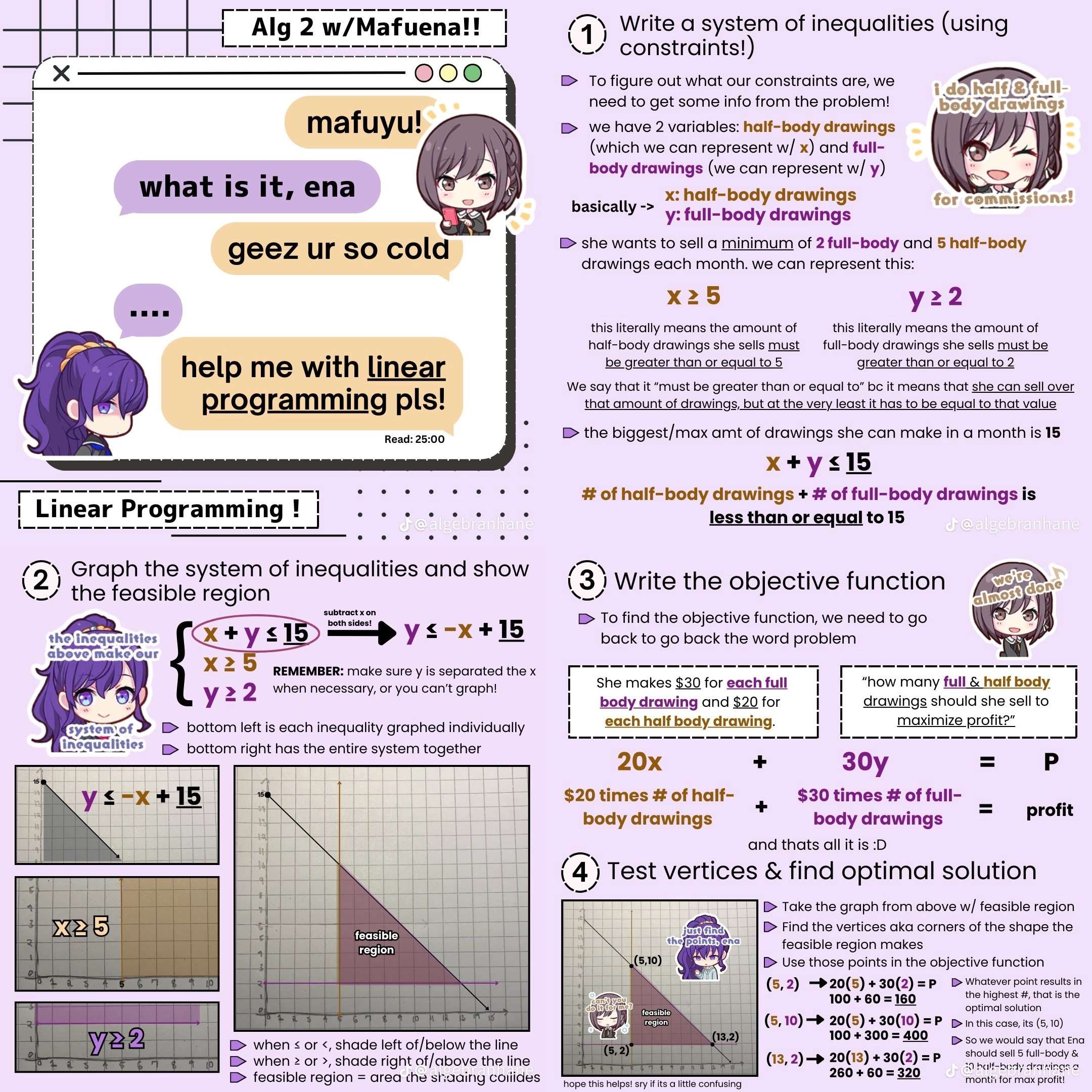Hi folks. I am a CS major taking a 3rd year course in relational databases. The example DBs we study are pretty much all either a school or a company. On the bright side we get to do a project of our own design with C++ and Oracle DB. Has to be some kind of program that makes use of a reasonably sophisticated schema.
I was thinking I could make a DB program that does economic planning, but I don’t know what direction to go with it, really. Maybe the kernel of it, the usefulness could be, computing everything down to hours of human effort using the LTV. Labour time accounting. For example, we create a profile for what we want the living standard to be, like private and shared square feet per person, food choices, clothing choices, level of convenience of transport etc. Then the program could use a database containing information about the SNLT to produce different products and services to compute what professions would be needed and how much we all need to work, basically.
But like any idea this is starting out huge. So does anybody have ideas for how to make this small but extendable? Or different directions go with it, or totally different ideas that you have?


While I haven’t read it yet myself, I’ve heard that Paul Cockshot’s Towards a New Socialism goes into detail about algorithms that could be used for central planning.
I read it years ago, and I should definitely dig in again and review. Big part of why I want to do everything in labour time as much as possible. However I think he suggests the use of a neural network at one point which is a little over my head for now. I am thinking simpler like the pen and paper material balance planning the Gosplan cdes used to do…
I haven’t read the book yet, but Cockshott seems pretty active on twitter. You could probably hit him up with questions either through twitter or his university email, and I bet he’d be more than willing to give you some pointers for reading material.
Regarding the neural network, could the whole thing be represented by a linear regression? I’m shooting blind here, but depending on the complexity of your project you could use simpler but easier models that do what the neural net is supposed to do.
No neural networks are needed, but familiarity with linear algebra and matrix operations is necessary.
Outside of his towards a new socialism book, some of his earlier youtube videos on TNS get into some of the math.
Any programming language with matrix libraries would work.
Haven’t done any linear algebra or dug into matrices yet… do you think light study of the basics on KhanAcademy would be enough? I’ve done calc 1 and 2 and discrete math.
For something quick, chapter 2 of Goodfellow’s book is a good enough introduction.
For a longer but still intuitive material, 3blue1brown has a whole series of videos on Linear Algebra, with a lot of visualisation.
Linear algebra is much simpler than calculus in my opinion, you shouldn’t have much problems once you get your head around the basics. It’s also much more useful in programming than calculus. But it’s good to know both.
I’d recommend finding a specific course on matrix / linear algebra. It’s not an easy field but having some calculus should help.
Paul Cockshott also has a Youtube Channel where he talks about such things. I haven’t read the book either, but doing economic planning with Neural Networks sounds a little adventurous, because generally it is hard to reason about it’s decision processes. And having a plan that you can’t explain is risky at best.
Cockshott also has done some work with Thomas Härdin about economic planning with Linear Programming [LP] and Mixed Integer Linear Programming [MILP]. This also slots in nicely with your original question. As @[email protected] has said, Databases are only part of the solution here. Economic Planning is an optimization problem and you need methods (like LP) to solve it. For more complex problems (like economic planning) you will need an understanding in linear algebra and matrices, here is a nice short (and cringe) introduction to LP that I found in some math discord a while back:
But note that they use a graphical approach to solve the problem, of course there are also numeric approaches to solve an LP problem.